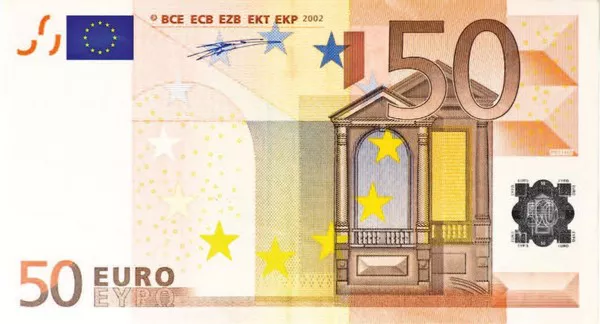The Euro, the official currency of the Eurozone, has become a symbol of unity among European nations. Since its introduction in 1999, the Euro has transformed the way countries within the Eurozone conduct their economic activities and interact with the global financial system. This article explores the significance of the Euro as a common currency for multiple countries, highlighting its benefits and challenges. It also delves into the economic, political, and social aspects of the Euro’s adoption, providing a comprehensive analysis of this unique currency union.
Economic Integration:
-
Enhanced Trade and Economic Cooperation
The introduction of the Euro has facilitated seamless trade and economic cooperation among Eurozone member states. By eliminating currency exchange costs and reducing transactional barriers, the Euro has fostered increased cross-border trade, investment, and economic integration within the Eurozone.
-
Price Stability and Low Inflation
One of the primary goals of the Eurozone is to ensure price stability. Through the European Central Bank‘s (ECB) monetary policy framework, the Eurozone countries strive to maintain low inflation rates. By sharing a common currency, Eurozone countries can benefit from a stable price environment, leading to increased consumer and investor confidence.
-
Increased Foreign Direct Investment
The Euro’s establishment has attracted higher levels of foreign direct investment (FDI) to the Eurozone. The adoption of the Euro reduces currency risk for international investors, making the region more attractive for investment. This inflow of FDI contributes to economic growth, job creation, and technological advancement within the Eurozone countries.
Monetary Policy and Central Bank Independence:
-
Single Monetary Policy
The Eurozone operates under a single monetary policy framework governed by the ECB. The ECB’s primary mandate is to maintain price stability across all Eurozone member states. A unified monetary policy ensures consistency and equal treatment, helping to prevent competitive devaluations and promote economic stability.
-
Challenges of Divergent Economic Conditions
The Eurozone encompasses countries with diverse economic conditions. The challenge arises when a single monetary policy needs to address the varying needs of member states. Economic disparities among countries can lead to imbalances and require careful management to ensure sustainable economic growth and stability for all members.
-
Central Bank Independence
The independence of the ECB allows it to make decisions based on economic fundamentals rather than political influence. This independence helps maintain credibility and trust in the Eurozone’s monetary policy, contributing to the stability of the Euro and ensuring its effectiveness in managing economic fluctuations.
Political and Social Implications:
-
European Integration and Identity
The Euro represents a significant milestone in the process of European integration, fostering a sense of shared identity among Eurozone countries. It symbolizes the ambition for closer political cooperation and a united Europe, promoting a collective vision that extends beyond individual national identities.
-
Sovereignty and Loss of Monetary Policy Autonomy
By adopting the Euro, member states surrender their individual control over monetary policy. While this fosters closer economic integration, it also means that countries lose the ability to independently adjust interest rates and exchange rates to address their specific economic challenges. This loss of autonomy can create tensions and requires effective coordination among Eurozone countries.
-
Economic Convergence and Structural Reforms
Joining the Eurozone requires countries to fulfill certain economic criteria, including maintaining stable inflation rates, fiscal discipline, and structural reforms. These criteria encourage economic convergence among member states and can drive necessary reforms that enhance competitiveness, leading to long-term economic benefits.
Conclusion:
The Euro has proven to be more than just a currency; it represents a shared economic and political project that brings European nations together. The adoption of the Euro has resulted in enhanced trade, price stability, and increased foreign direct investment. However, challenges such as divergent economic conditions and loss of monetary policy autonomy require continuous management. Despite these challenges, the Euro remains a symbol of European unity, promoting closer integration, and shaping the economic future of the Eurozone countries.
Related Topics:
- The Future of Euro vs. Dollar: A Comprehensive Analysis
- The Strength of Euro & CAD: An In-Depth Analysis
- The Pound’s Future Against the Euro: An Analysis




























